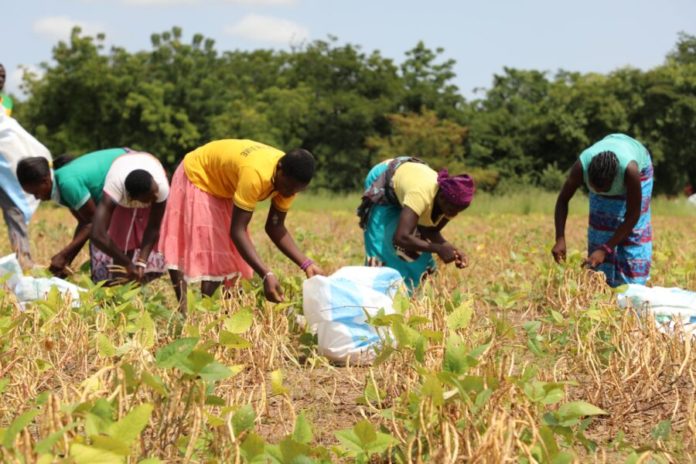Industrial farming—mechanized, heavy use of pesticides and fertilizer, very large farms, commodity exports and imports, government subsidies—has been a boon to the global food supply.
Yet it also comes with high costs, direct and indirect. As climate change intensifies and war disrupts exports and drives up fertilizer prices, those costs are becoming more apparent.
Civil society and other groups in Africa have their own ideas about what needs to be done to avoid some of the costs imposed by “green revolution” industrial farming. They are calling on foundations, transnational corporations, foreign investors and others to stop funding efforts to increase industrial farming on the continent.
According to these groups—
“The Alliance for a Green Revolution in Africa (AGRA) has unequivocally failed in its mission to increase productivity and incomes and reduce food insecurity, and has in fact harmed broader efforts to support African farmers.”
The full statement can be read here: https://africanarguments.org/2021/09/open-letter-the-green-revolution-in-africa-has-unequivocally-failed/
World Neighbors, a small US-based NGO that helps communities increase agricultural output through sustainable techniques, is a signatory. The organization helps run farming projects in Kenya, Uganda, Nigeria, Tanzania, Burkina Faso and Mali. These project help communities increase and diversify agricultural output (including livestock and fish) and move up the value chain—all with methods that reduce chemical and water use and increase resilience to extreme weather.
Chris Macoloo, World Neighbors Africa Regional Director, could provide more details on what civil society groups think works in Africa and why a “green revolution” would reproduce many of the climate and other harms evident in other regions. He is an articulate advocate of successful programs that help family farmers and advance the goals of Earth Day.









